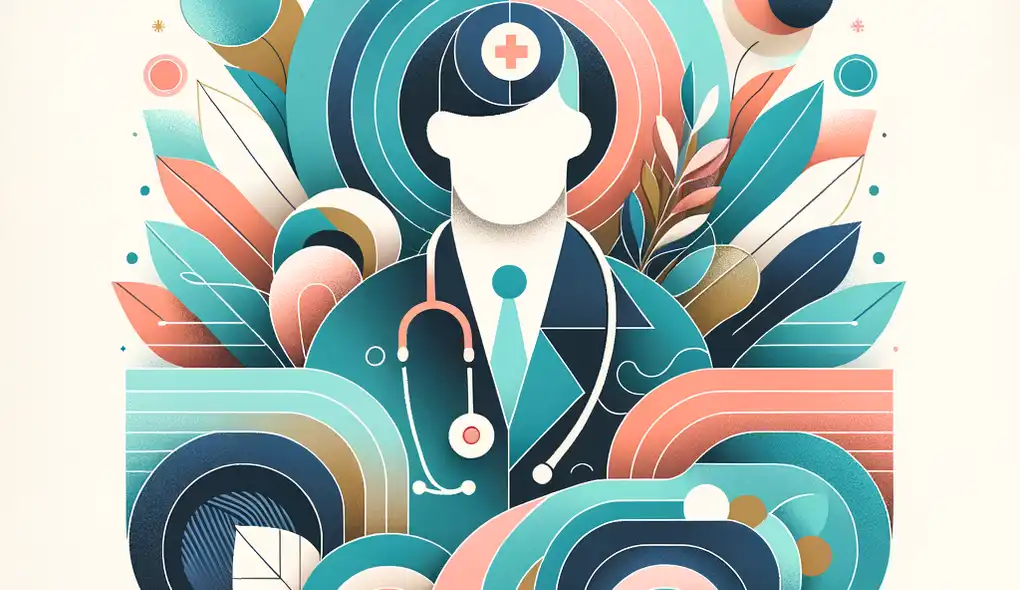Tell me about a time when you had to make a quick decision in a medical emergency involving a pediatric patient.
Pediatrician Interview Questions
Sample answer to the question
During my pediatric residency, I encountered a medical emergency involving a 5-year-old patient who was experiencing anaphylaxis after accidentally ingesting peanuts. As the resident on duty, I had to make a quick decision to administer epinephrine to the patient. I immediately assessed the patient's symptoms, which included difficulty breathing, swelling of the face, and hives. Recognizing the severity of the situation, I quickly obtained the necessary medications and administered the epinephrine. I closely monitored the patient's vital signs and provided supportive care until the arrival of the attending physician. The patient's condition stabilized, and they were transferred to the pediatric intensive care unit for further observation and treatment. This experience taught me the importance of remaining calm under pressure and making swift decisions in critical situations.
A more solid answer
During my pediatric residency, I encountered a medical emergency involving a 5-year-old patient who was experiencing anaphylaxis after accidentally ingesting peanuts. As the resident on duty, I had to quickly assess the situation and communicate effectively with the patient's parents, who were understandably distressed. I explained the urgency of the situation and provided reassurance while obtaining the necessary medical supplies. By maintaining open lines of communication, I was able to gain their trust and ensure their cooperation throughout the treatment process. I also collaborated with the nursing staff to ensure a seamless administration of epinephrine. This swift decision-making and effective communication resulted in a positive outcome for the patient.
Why this is a more solid answer:
The solid answer expands on the basic answer by including details about interpersonal communication with the patient's parents and collaboration with the nursing staff. It demonstrates the candidate's ability to effectively handle stressful situations, diagnose pediatric conditions, and communicate with stakeholders. However, it could provide more information on collaborating with other healthcare professionals and the overall impact of the decision made.
An exceptional answer
During my pediatric residency, a medical emergency involving a 5-year-old patient experiencing anaphylaxis due to peanut ingestion required a quick decision. As the resident on duty, I immediately assessed the patient's symptoms, including airway compromise, swelling, and hives. Recognizing the severity, I communicated with the patient's parents, clearly explaining the situation and the need for prompt action to administer epinephrine. As I prepared the medication, I collaborated with the nursing staff to ensure a coordinated approach. In a calm manner, I administered the epinephrine and continuously monitored the patient's vital signs, providing supportive care. The attending physician was promptly updated, and together, we decided to transfer the patient to the pediatric intensive care unit for further management. This fast response and effective communication ensured the patient's stabilization and subsequent recovery. The experience reinforced the significance of teamwork, quick decision-making, and clear communication in handling medical emergencies.
Why this is an exceptional answer:
The exceptional answer provides a comprehensive account of the candidate's actions during the medical emergency. It highlights their ability to handle stressful situations, diagnose pediatric conditions, communicate effectively with multiple stakeholders (patient, parents, nursing staff, attending physician), and collaborate with the healthcare team. The answer also emphasizes the impact of their quick decision in ensuring the patient's stabilization and recovery.
How to prepare for this question
- Familiarize yourself with common pediatric emergencies and their management protocols.
- Practice presenting medical information clearly and concisely to different audiences.
- Develop strong teamwork and collaboration skills by participating in multidisciplinary healthcare simulations or training.
- Enhance your ability to think critically and make fast decisions by engaging in case studies or medical emergency simulations.
What interviewers are evaluating
- Ability to handle stressful situations
- Diagnosing pediatric conditions
- Interpersonal communication
Related Interview Questions
More questions for Pediatrician interviews